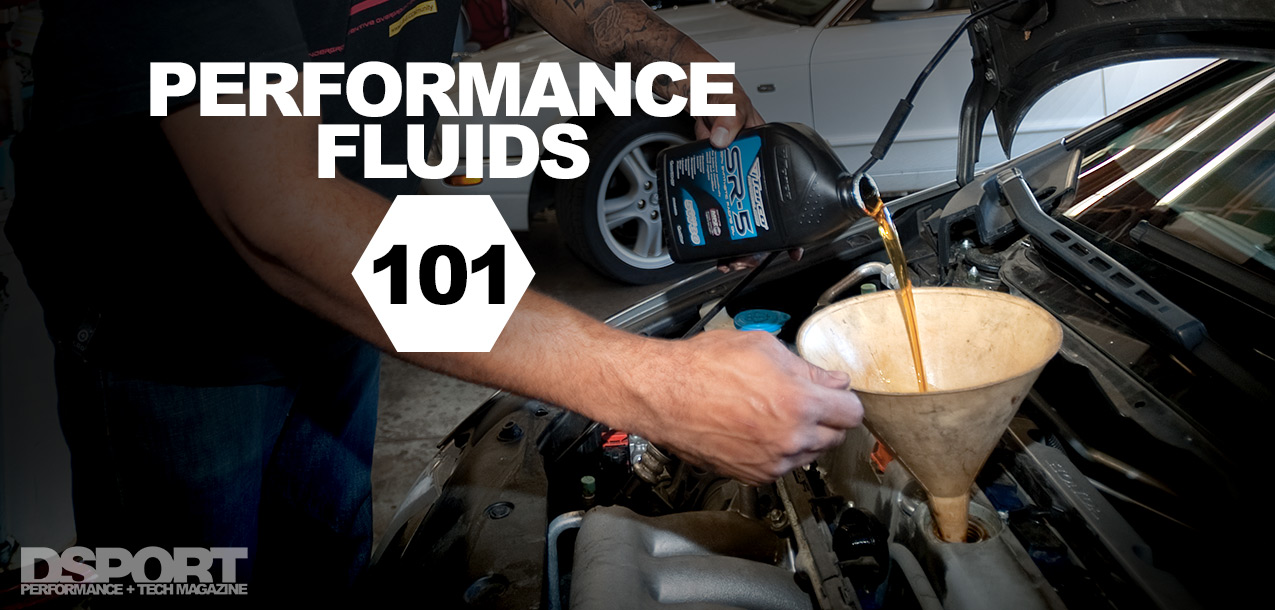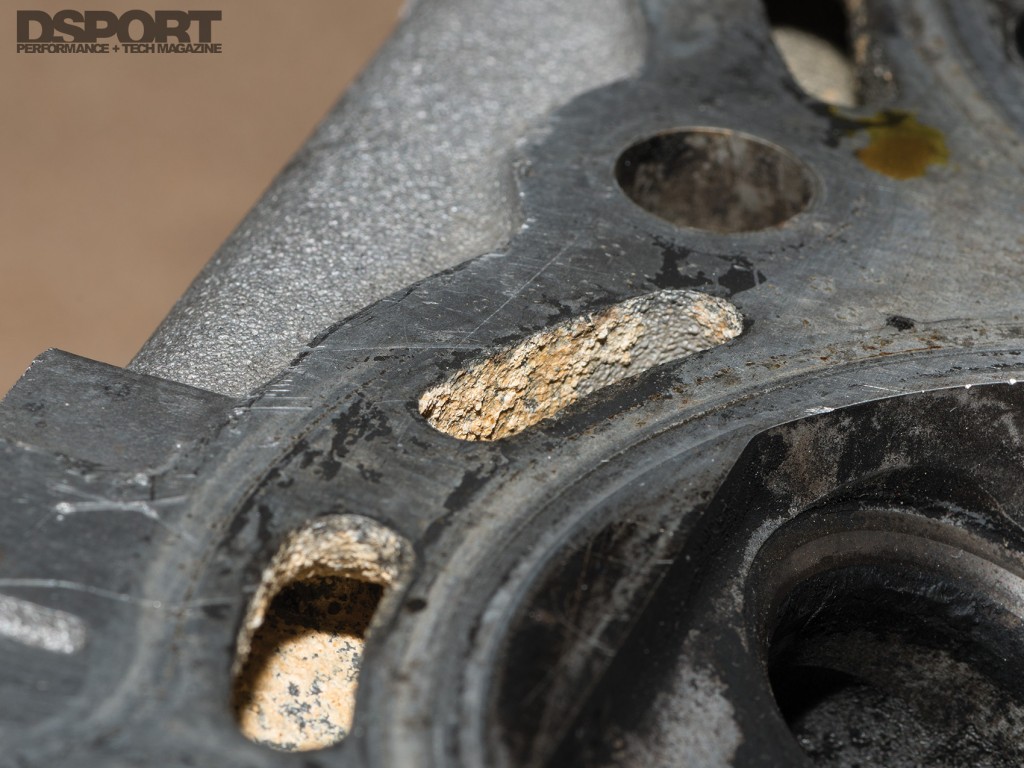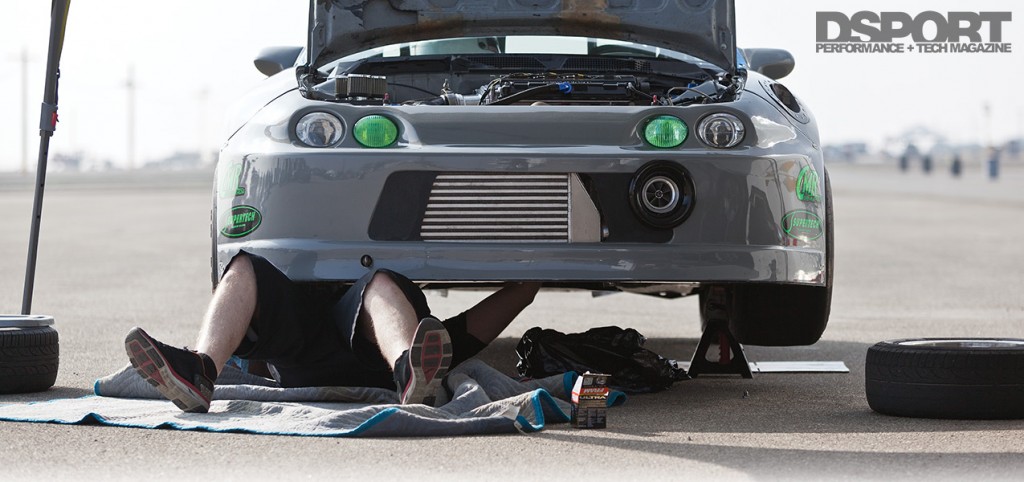 Don’t Forget the Hydraulics
Don’t Forget the Hydraulics
The brake, clutch and steering systems on nearly-all vehicles are depend on some type of hydraulic mechanism. Brake fluid and clutch hydraulic fluid are generally the same exact product. A high-quality, high-performance brake fluid will operate at higher temperatures without failure. By replacing the hydraulic fluid in your vehicle’s brake and clutch system every two to three years, you can not only improve the systems performance, but also extend the life of the components in the system by removing contaminants.
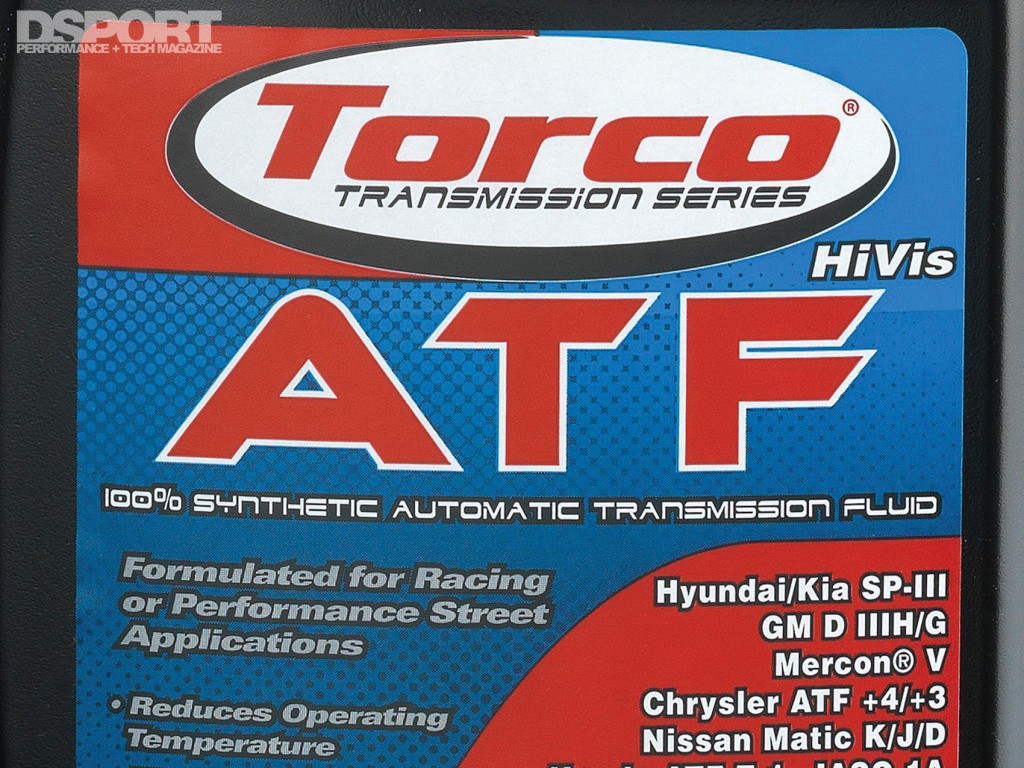 Fluids used for lubrication like engine oils differ greatly from fluids used for hydraulic purposes such as automatic transmission fluid, brake fluid and power steering fluid.
Fluids used for lubrication like engine oils differ greatly from fluids used for hydraulic purposes such as automatic transmission fluid, brake fluid and power steering fluid.
Cool Water
The mixture of chemicals and water poured into your radiator is known as the coolant. It’s sole purpose is to help reduce engine temperatures by allowing heat to transfer from the block to the coolant, which is then circulated to the radiator for cooling and eventual recirculation back into the system. The relatively low boiling point of water makes it impractical to use alone as a coolant so there is usually a mixture of ethylene glycol added to raise the system’s boiling point and to prevent freezing in low temperature climates.
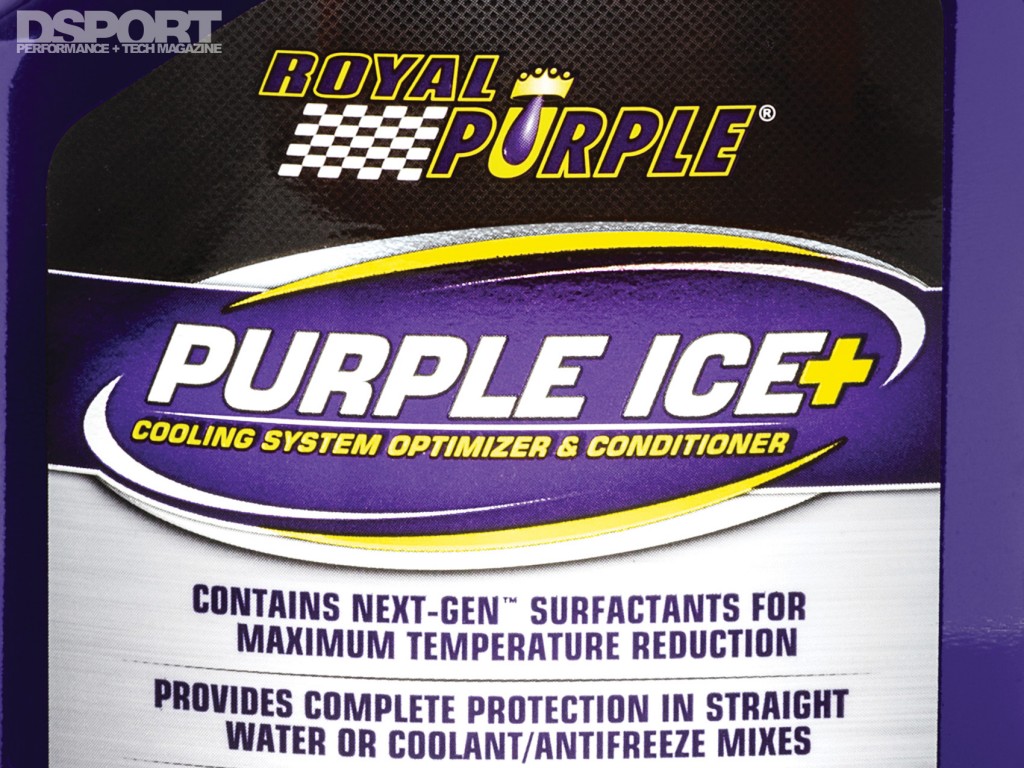 Cooling system additives like Royal Purple’s Purple Ice can prevent corrosion inside the engine block, radiator and other parts of the cooling system.
Cooling system additives like Royal Purple’s Purple Ice can prevent corrosion inside the engine block, radiator and other parts of the cooling system.
While there isn’t a performance coolant, there are cooling system additives that can benefit the performance enthusiast. Some additives claim to reduce friction in the cooling system’s passageways, allowing the coolant to flow more freely through the system, effectively maximizing the efficiency of the cooling system. These additives also help in breaking up or reducing existing cooling system mineral and sludge deposits without interfering with the coolant flow. Whichever brand of coolant modifier you choose, make sure you follow the manufacturer’s directions for mixing the right proportion of water, coolant and coolant additives.


